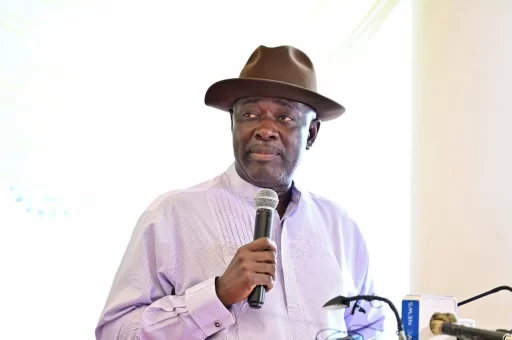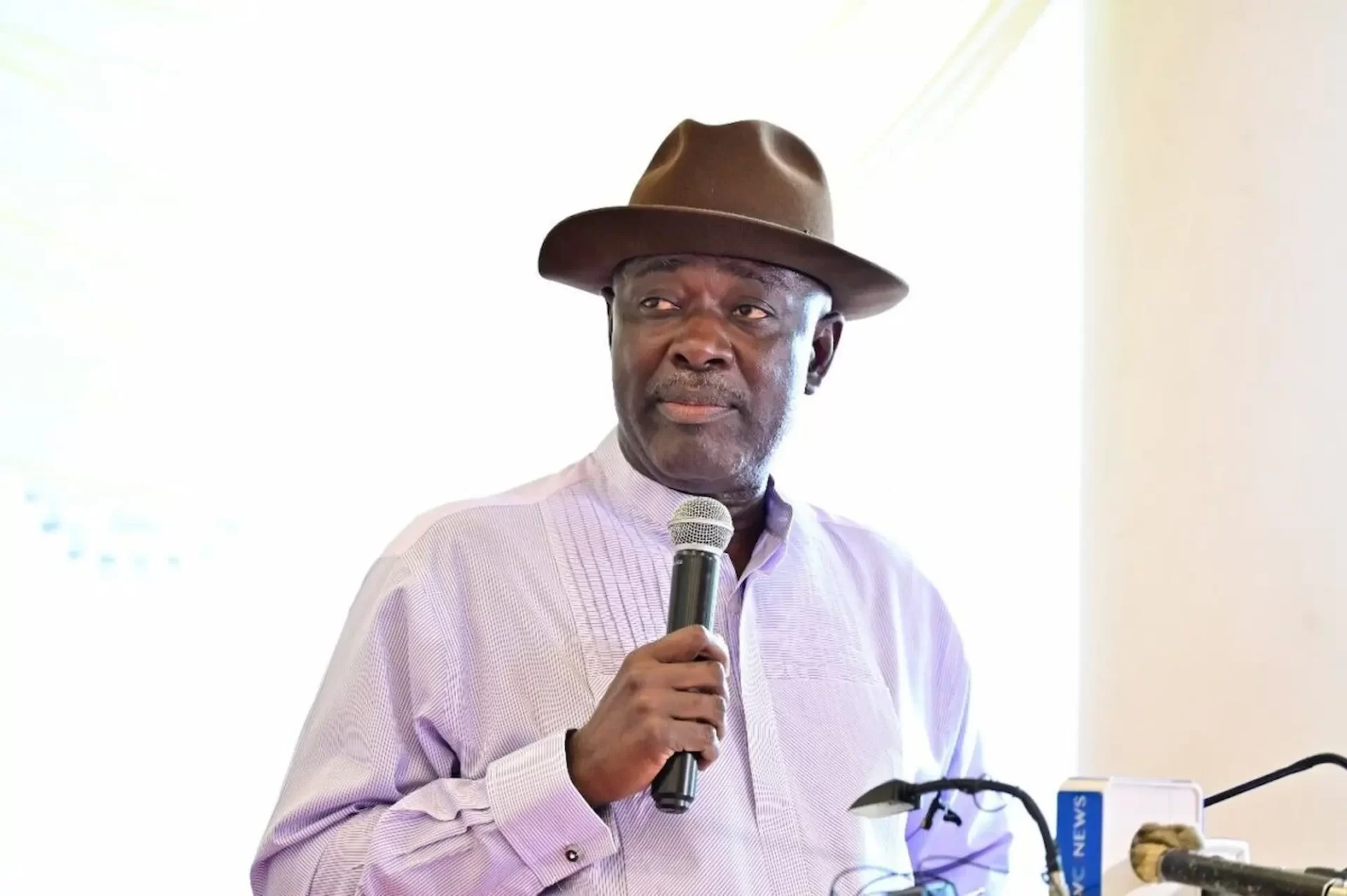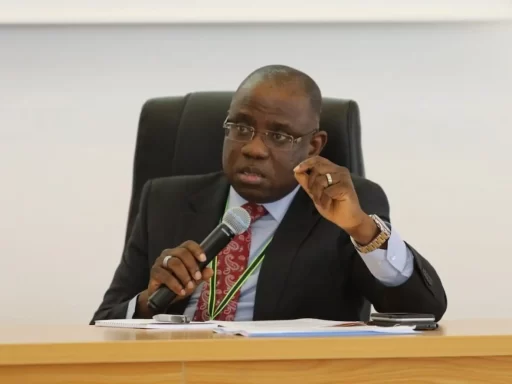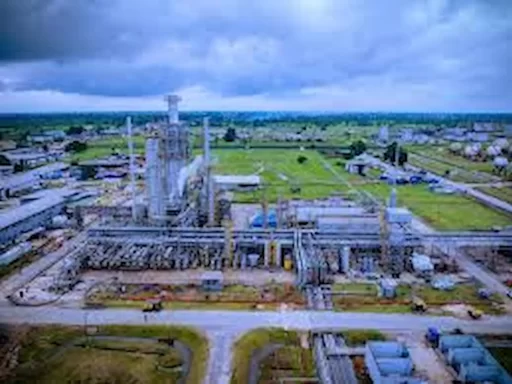Nigeria Creating Investment Opportunities To Secure Energy Future – Lokpobiri
By Naija Enquirer Staff
Minister of State for Petroleum Resources (Oil), Senator Heineken Lokpobiri, has reaffirmed the Federal Government’s commitment to deepening investments in Nigeria’s oil and gas sector, with a strong focus on developing a sustainable energy mix that ensures national energy security.
Speaking at the opening ceremony of the 2025 OTL Africa Downstream Energy Week in Lagos, Lokpobiri highlighted that global trends are shifting as countries revisit their approach to energy transition and renew interest in hydrocarbon development as a means of safeguarding energy supply and economic stability.
Global Call for Oil and Gas Investment
Lokpobiri cited recent United Nations reports, noting that the world needs to invest approximately $540 billion annually in oil and gas recovery and associated infrastructure to meet rising population and energy demands. He warned that without such investments, global energy security could be at risk.
“The world has come to realise that energy transition cannot happen in a vacuum. Even as we pursue cleaner sources, the global economy still runs on oil and gas. Without substantial investment in these resources, there will be no financial capacity to fund the energy mix we all desire,” Lokpobiri said.
Hydrocarbons Still Central to Africa’s Growth
The minister explained that while discussions around climate change and net-zero commitments are vital, the realities of energy consumption and population growth—especially in Africa—mean hydrocarbons will remain a key part of the continent’s development strategy.
“Africa, with its population now exceeding 1.4 billion people, cannot afford to ignore investment in oil and gas. Expanding exploration, production, and refining capacity is crucial not only for self-sufficiency but also for economic stability across the continent,” he noted.
Downstream Reform and Private Sector Growth
Lokpobiri observed that Nigeria’s downstream petroleum sector is stabilising following the removal of fuel subsidy and the liberalisation of petroleum product pricing, describing it as a necessary step to attract private sector participation.
“Subsidy was not sustainable. It discouraged private investment and placed a heavy financial burden on the government. What we are seeing now is a more competitive environment that encourages efficiency, accessibility, and availability of petroleum products,” he explained.
Bold Leadership for a Sustainable Future
The minister commended President Bola Ahmed Tinubu for his decisive policy actions that have repositioned the downstream sector for long-term growth and resilience.
“It takes a courageous leader to make decisions that may be unpopular today but are necessary for the country’s future stability. What we are experiencing now is the outcome of such bold leadership,” he said.
Lokpobiri further stated that ongoing reforms within the oil and gas industry aim to secure energy stability, encourage domestic refining, and promote private sector-driven development across the entire energy value chain.
Call for Stakeholder Alignment
He urged stakeholders in the downstream sector to align with the government’s policy direction and collaborate to build a more sustainable and diversified energy future for Nigeria and Africa.
“We are no longer just talking about transition; we are talking about an energy mix that guarantees energy security for Africa. Every stakeholder must align with this vision to create the Africa we want,” Lokpobiri emphasised.
The OTL Africa Downstream Energy Week, now in its 19th edition, remains the continent’s premier platform for policy dialogue, industry networking, and investment promotion across Africa’s downstream petroleum value chain.







